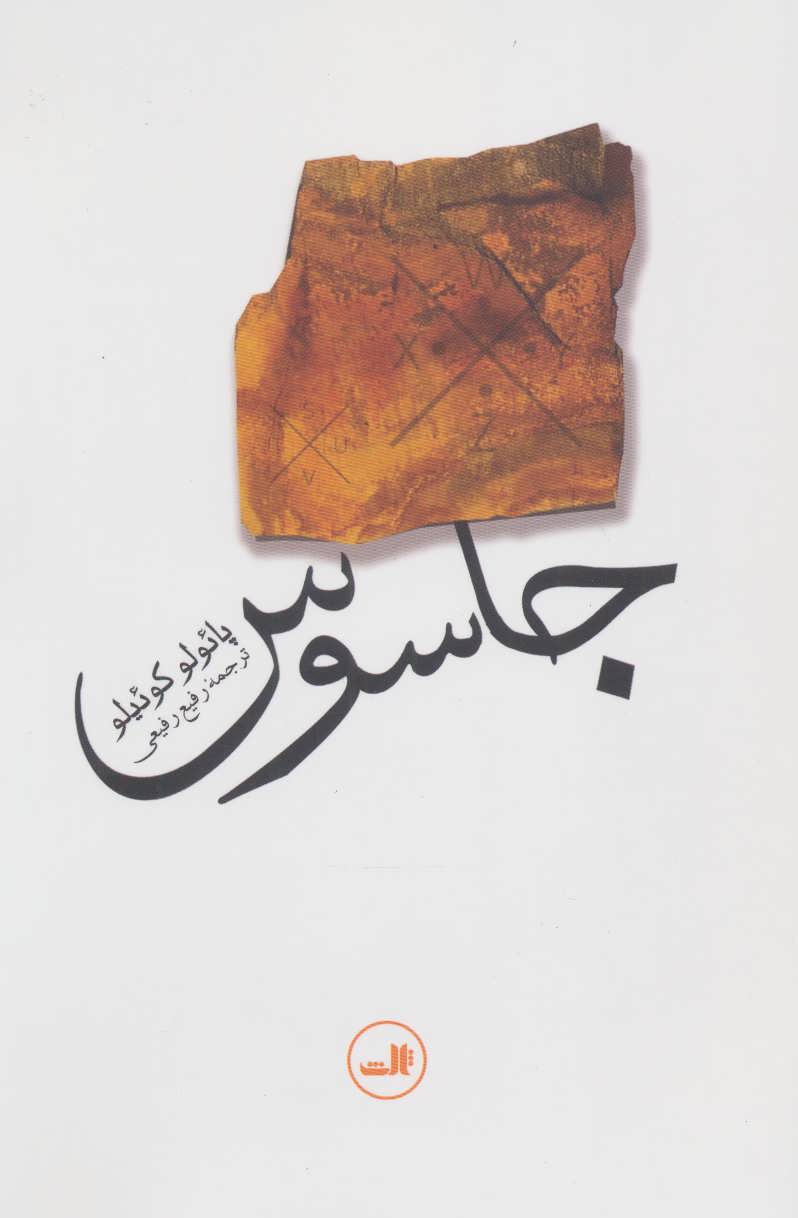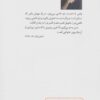In The Spy, Paulo Coelho tries to retell the story of Mata Hari, an exotic dancer and courtesan during the start of 20th century Europe. The story is told in the form of letters between Mata Hari & her lawyer almost at the end of her trial where she was being tried for allegedly being a double agent for France & Germany.
The story does not follow a chronological order of events in the life of Mata Hari, but in-fact traverses through her thoughts as she pens down her life events for her lawyer while she awaits the verdict of her trial. Throughout the letter she talks positively about being pardoned, although the book starts with the description of her execution.
She talks about various events that shaped her life — from the first incident of her being sexually exploited by the school principal — to her receiving favors & jewellery in exchange for sex which she associated to ‘something mechanical’ — to her casual encounters with Pablo Picasso & Amedeo Modigliani — to her self-realization at a later age that she is just ‘a whore who strips naked in public under an artistic pretense.’
“I am a woman who was born at the wrong time and nothing can be done to fix this. I don’t know if the future will remember me, but if it does, may it never see me as a victim, but as someone who moved forward with courage, fearlessly paying the price she had to pay.”
The book has a positive connotation to Mata Hari being guilty of all things except spying intentionally for either France or Germany. It also provides details of how France at the moment of defeat used such cases in their favor, ‘to distract people with some kind of victory’. Dreyfus case was another such example quoted in the book. Before starting this book, I was unaware of Mata Hari’s real life facts thus while reading this book it kept me hooked as the random pieces starting coming together to portray her story. After completing the book, however, I did a bit of cursory reading and I was surprised to come across multiple versions for few of the key events. This left me wondering if Mr. Coelho has spent ample amount of time fact checking the details, which in a way he does state it unabashed in the Author’s note at the end of the book.
However to do justice to the author, the book does provide an alternate POV of that of her lawyer, again in the form of a letter. A letter her lawyer, Mr. Eduoard Clunet, writes on the night he is made aware that Mata Hari’s request for pardon has been denied by the President. He goes on to give further details of the case, even highlighting how the French never had substantial evidence to incriminate her.
“ What made my defense practically useless? In addition to the judges, witnesses, and accusers that had already formed an opinion, you did not help much. I cannot blame you, but this propensity to lie ever since arriving in Paris has led you to be discredited in each of your statements made to the magistrates.
I understand that you wanted to create fantastical stories about yourself, either out of insecurity or your almost visible desire to be loved at any cost. I understand that in order to manipulate so many men, experts themselves in the art of manipulating others, a little fantasy was needed. It’s inexcusable, but that is the reality; and that’s what led you to where you are now.”
Incidentally Maître Clunet was also one of Mata Hari’s many lovers.
To be honest, I was a little skeptical before I started this book. I believed this book will be just retelling of the life of Mata Hari and devoid of the typical Paulo Coelho style of storytelling. Unfortunately, few of my fears did come true. As mentioned earlier, I was not aware of Mata Hari’s story hence I did not lose interest in knowing her story through the letters. But only at a few limited instances I was reminded of Paulo Coelho’s typical philosophical style. One could hardly find any fables and tales which usually dominate Paulo’s books, each fable bearing life’s simplest learnings. One of the rare good quotes in the book is advice Mata Hari received from her mother along with a pack of seeds.
“They’re tulip seeds, the symbol of our country. But, more than that, they represent a truth you must learn. These seeds will always be tulips, even if at the moment you cannot tell them apart from other flowers. They will never turn into roses or sunflowers, no matter how much they might desire to. And if they try to deny their own existence, they will live life bitter and die.”
This is what makes The Spy one of Paulo’s least satisfying books. The superficial handling of facts in Mata Hari’s story, the lack of intent for dwelling time & understanding the emotions and feelings of the protagonist and the absence of the quintessential Paulo Coelho style of writing leaves you wanting for more. Paulo Coelho’s last book Adultery was at-least true to his style of writing. The Spy feels more like a borrowed recipe tried to made better through Paulo Celho’s secret spices, albeit in vain.
The book is a good read, but falls short of our expectations from a Paulo Coelho book. Do give the book a read, Mata Hari’s life story is interesting to read, nevertheless.

















There are no reviews yet.